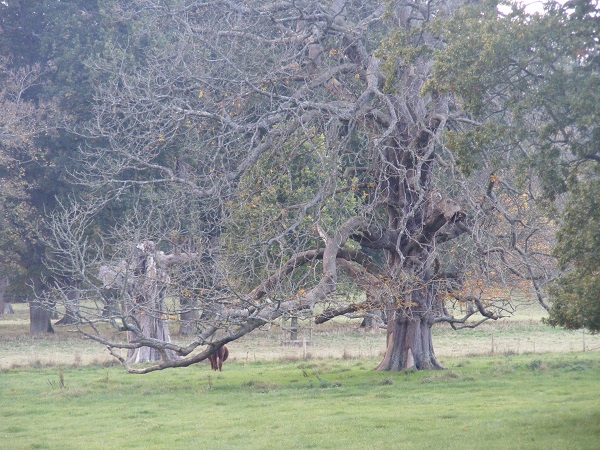Helpful Writing Advice
We’re into October! I cannot believe how quickly this year has gone. It doesn’t seem that long ago we lost our darling kitty, Kipaku, yet that was at the start of this year.
(own photo - writing)
As I’m spending a fair bit of time typing up the second draft of my latest work-in-progress, I thought I’d share writing advice I’ve found helpful over the years, and which I still do, along with a few October autumn photos from ten years ago.
“See the life by the roadside; the half-starved cats haunting the cathedral grounds as you gaze in awe at the cathedral; the soughing of the wind through the broken portcullis or the gannet spiralling into the ocean below… breathe, take time in your books to look about the landscape – outer and inner – because there is so much more to a story… let it take on its own life, not the life that you impose on it.” ~ Jane Yolen
“Read outside your field. Don’t write to the market. Write what you enjoy writing. Hone your writing skills. Think about those writers whose stories engage you, those writers whose work you admire. Try to analyse what it is about their writing that does it for you. Experiment; don’t get into a rut. Write as much and as often as you can and be persistent. If you really want to write, you will find the time to do it.” ~ Ellen Datlow
“Pick a major historical event that will shape your characters and their relationship to the world around them. But remember that historical events don’t just occur suddenly; they are borne out of a build-up of events. Don’t be in a hurry to start writing – undertake extensive research and don’t worry about becoming entangled in the minute details. If you are truly allowing research to sink in and being patient, the extraneous detail falls away.” ~ Anne Michaels
Rose Tremain doesn’t agree with the accepted wisdom that states, ‘write what you know’, for what you know is finite whereas what you can imagine is infinite. Instead she urges, “write about something you don’t know because maybe you’ll find in writing about it that you do know it…”
In Les Edgerton’s ‘Hooked’, agents and editors implore writers to “never open with scenery! Novels are about people, about the human condition. We are looking for life… we are looking for voice… the voice of the protagonist. That is what drives a novel. So, give us the protagonist up front …”
“Writing a novel is… akin to falling in love, living together, hating each other, separating, reconciling, gaining perspective, accepting each other, and finally finding deep and abiding love. Writing fiction is like living.” ~ Donald Maass



